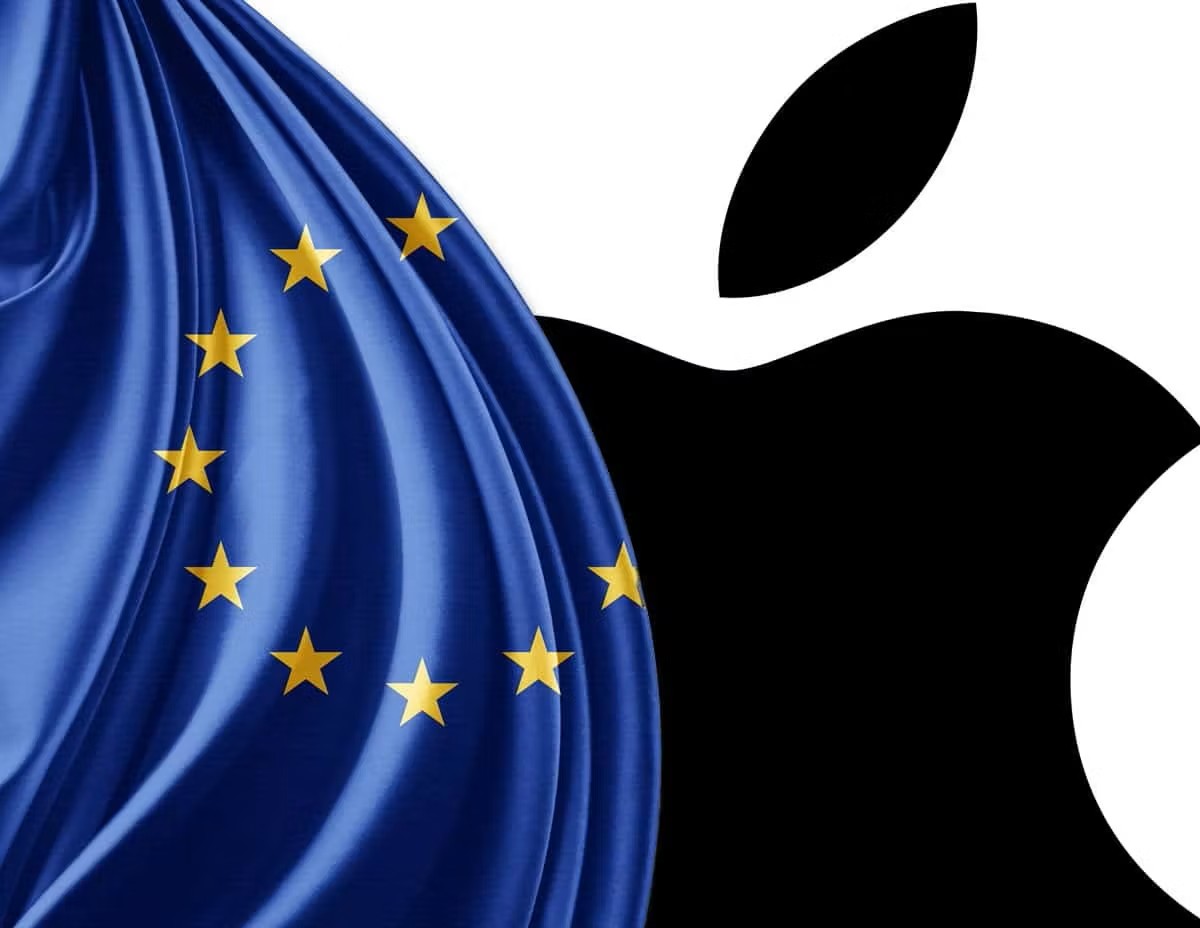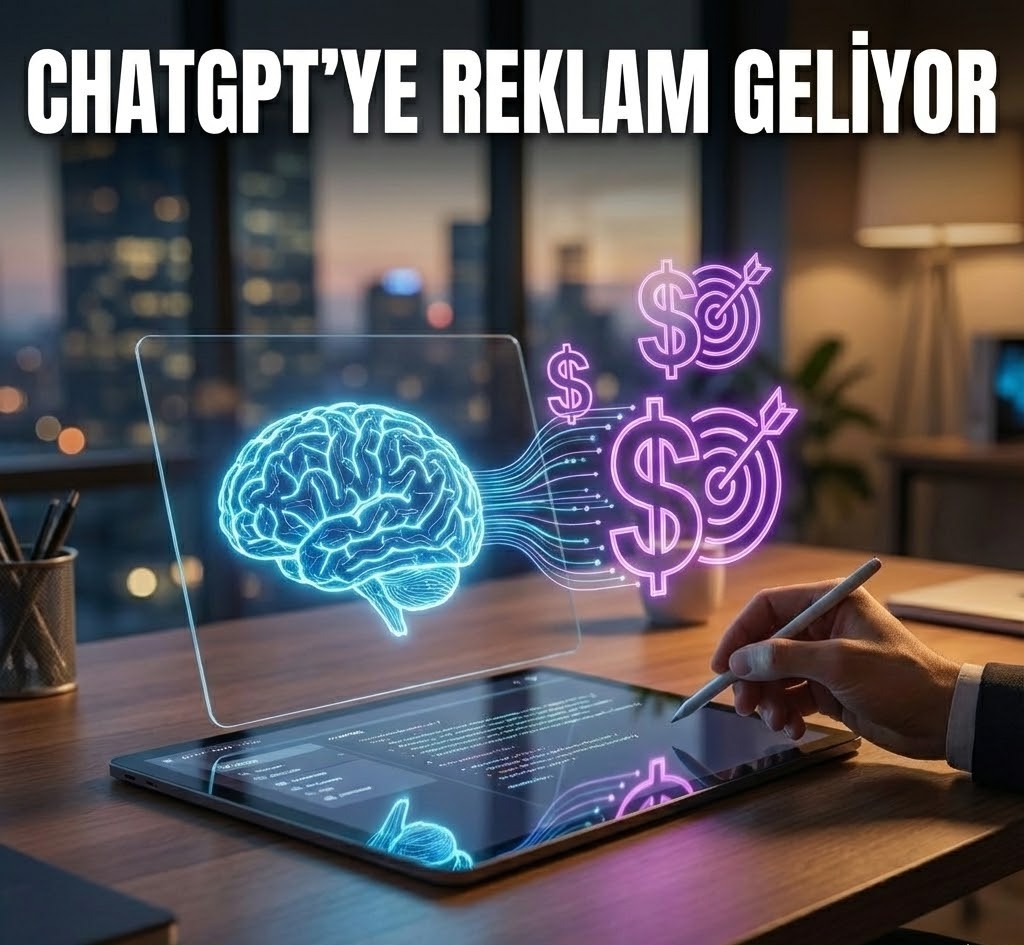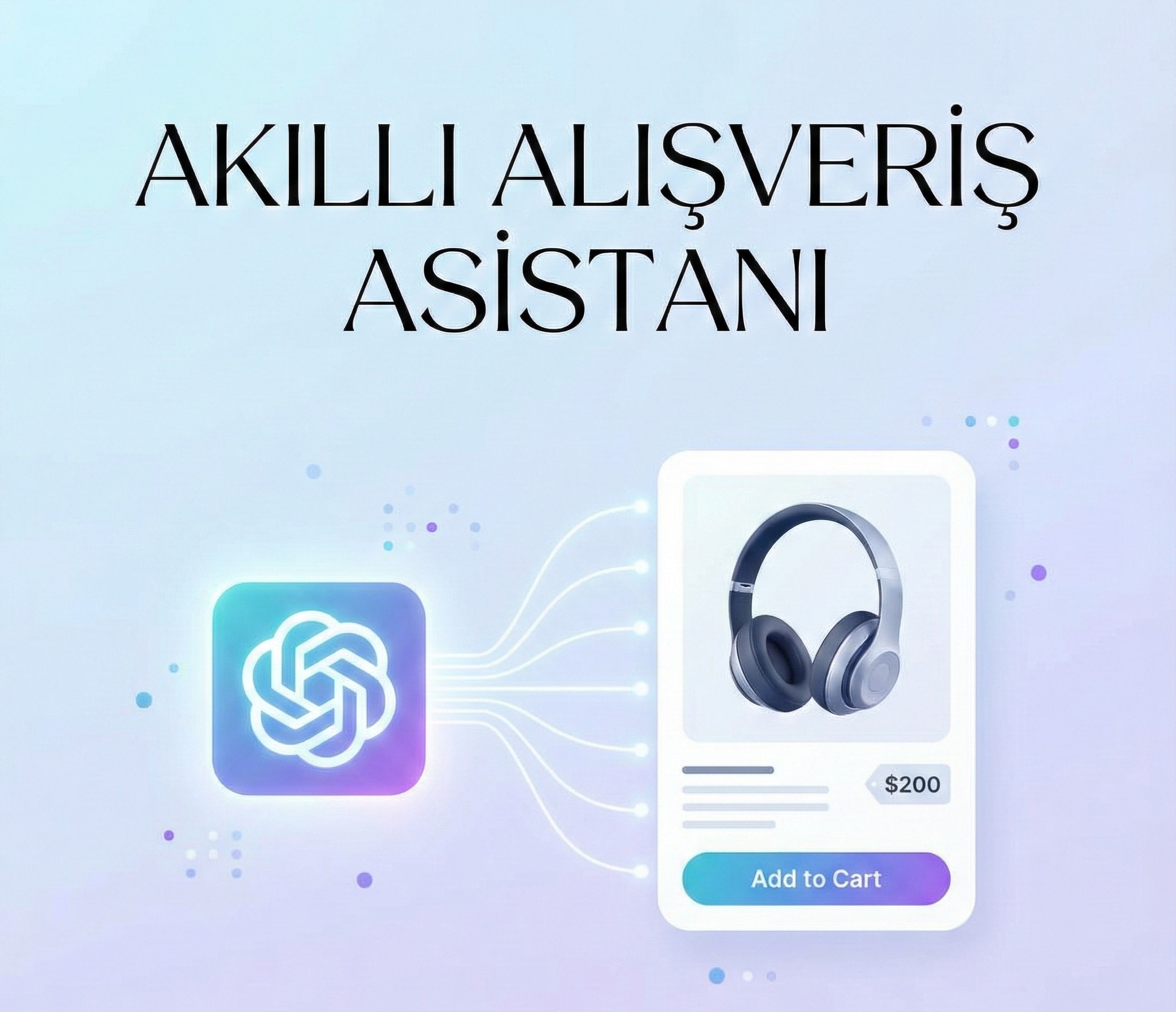On November 20, 2025, a silent yet revolutionary wall in the tech world came crashing down. For Android users who have spent years sheepishly answering "no" to the question "Do you have AirDrop?", the rules of the game have changed. With the Pixel 10 series, Google has opened an unauthorized but legal door into Apple’s closed ecosystem, known as the "Walled Garden." There is no longer a need for the internet or third-party apps; the Pixel 10 now speaks Apple’s language fluently.
Quick Share is Now "Bilingual": An Unexpected Revolution
Google has updated the Quick Share infrastructure on Android devices to enable local communication with Apple devices. For years, Apple kept the AirDrop protocol closed, trapping users within its ecosystem. This was the strongest barrier preventing iPhone users from switching to Android. Instead of seeking permission, Google flexed its engineering muscles and integrated this protocol into its own system. The Pixel 10 can now detect nearby iPhone, iPad, and Mac devices and transfer files in seconds.
Not Magic, But a Reverse Engineering Success
This compatibility was achieved by analyzing Apple's AWDL (Apple Wireless Direct Link) protocol and Bluetooth LE signals through reverse engineering. The Pixel 10 identifies itself as if it were an Apple device; the iPhone perceives the incoming request as a standard AirDrop attempt. The rules were not violated, merely perfectly imitated.
Answering Security Concerns with "Rust"
Aware of Apple users' concerns regarding "security," Google left nothing to chance. The entire integration was written from scratch using the Rust programming language, which provides memory safety. Furthermore, the system was audited by independent security firms like NetSPI, proving that it does not create any vulnerabilities on iPhones.
The Dilemma of Giants and a Strategic Deadlock
This feature represents Google’s most aggressive move against Apple to date. Apple now stands on the precipice of a difficult decision. This move puts Apple in a tight spot. If Apple blocks this connection with an update, it will be accused of being 'user-unfriendly' and 'monopolistic.' If it doesn't block it, the biggest barrier for users who want to switch to Android but cannot due to AirDrop will be removed.
European Union and DMA Pressure
Apple blocking this could contradict the "interoperability" principle under the EU’s Digital Markets Act (DMA). With the Pixel 10, Google has proven that these systems can communicate. Closing this door could pit Apple against both its users and legal authorities.
There is a "But": Contacts Only Mode
There is a technical limitation: Apple's "Contacts Only" mode does not work as it requires an iCloud certificate. For a transfer to occur, the iPhone must be set to "Everyone for 10 Minutes" mode. While this is a minor inconvenience, the freedom it provides is well worth it.
Escape from the Ecosystem Prison
This move has shattered the "social barrier" standing in front of the hardware-robust Pixel series. The era of being "that person who can't send files" in a friend group is over. Users can now choose their devices without social pressure.
Future Scenario: Others are Next in Line
While currently exclusive to the Pixel 10, it is only a matter of time before Samsung and Xiaomi follow this path. Unless Apple intervenes, we are entering a new era where phone brands no longer impede file sharing, and borders begin to melt away.







